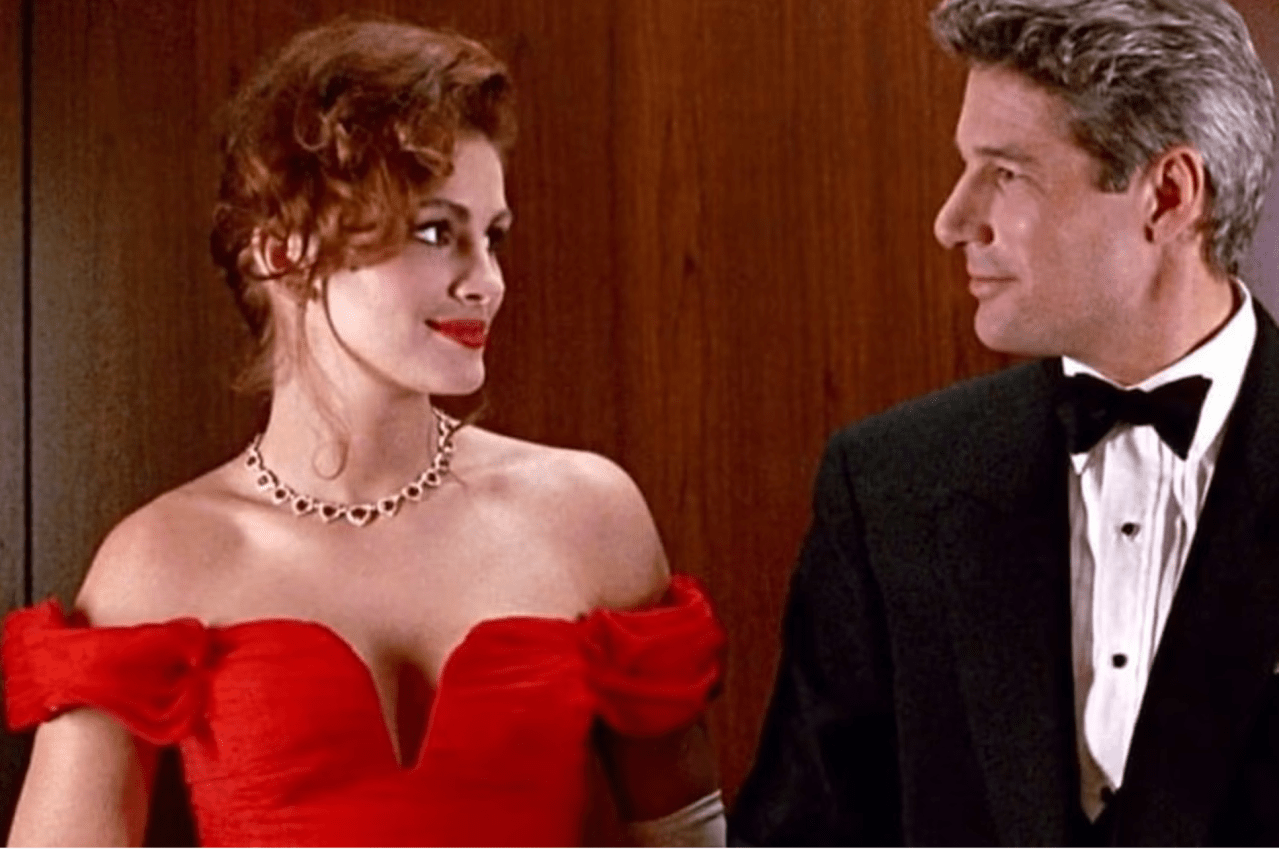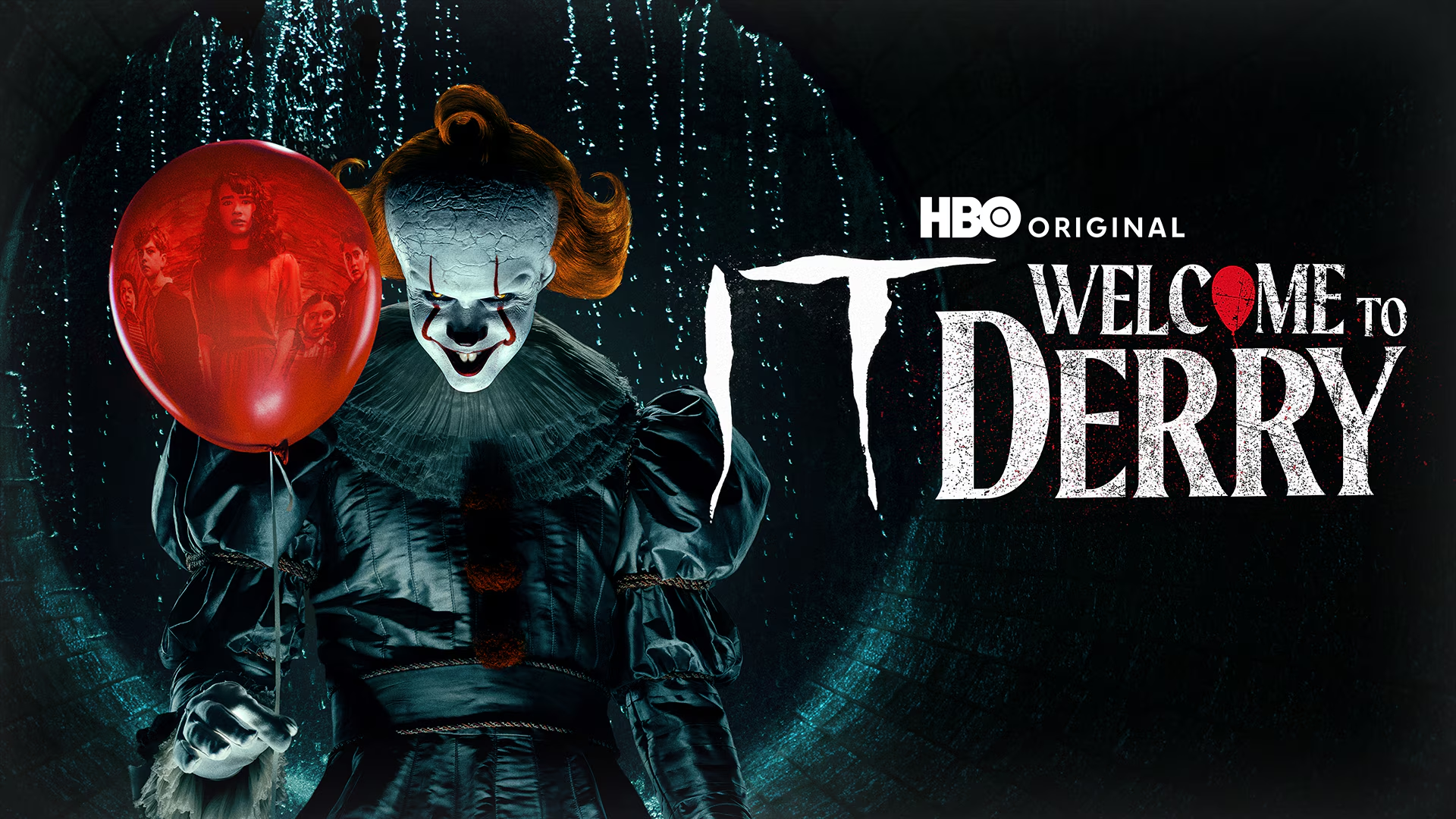
4 Things Rom Coms and Romance Movies Got Wrong About Love (But Psychological Thrillers Got Right)
What rom coms and romance movies got wrong about love - but psychological thrillers got right.
I have written heavily in the past few months about how toxic rom-coms and romance movies in general can shape our worldviews of romance and can desensitize us to toxic relationships, lowering our standards for what we deem healthy love. While we can certainly enjoy and appreciate these films, we can also critically think about the messages these movies have conditioned us to believe. Psychological thrillers, interestingly, share more realistic lessons about love and romance than rom coms and romance movies. Here are the top lessons romance movies and rom coms never taught us about love, but psychological thrillers did.
Rom coms and romance movies in general taught us that the person who does the grandest romantic gestures and is possessive of us is the one who love us the most. Psychological thrillers reveal that these can often be precursors to unhealthy obsession, control, and stalking.
In one of the most famous romance movies of all time, The Notebook, for example, we are led to believe that Noah threatening to kill himself so Allie will date him is a grand romantic gesture that shows how interested he is in her even though in reality, this would be a massive red flag of coercive control and manipulation. In Twilight, Edward’s obsession with Bella to the point where he watches her sleep is considered romantic rather than an unhealthy fixation. Pretty Woman emphasizes the glamour of being in a transactional relationship with a wealthy man, but there are many times in the movie where true respect from Edward to Vivian falls short (like when he makes a cruel dig about her being treated as cheap by others due to her profession during an argument). And don’t even get me started on the After We Fell series, which stars a very aggressive and possessive male lead. Undoubtedly, many of these plotlines may be entertaining and moving on screen, but they do not share the healthiest messages about romance. Psychological thrillers like Fear, starring Reese Witherspoon and Mark Wahlberg, on the other hand, teaches us more about the realistic red flags of such intense and passionate beginnings. They reveal the true motives behind excessive and love bombing gestures that only end up escalating into stalking, obsession, and aggression. Reese Witherspoon’s character Nicole is swept off her feet by a charming older man, David, and is manipulated into an abusive relationship where she doesn’t know his true character, only to face retaliation when she tries to leave him. While the end of the movie is definitely a lot more dramatic than one might experience in real life, it does embody the chaos and upheaval we can experience when we’re caught in the throes of toxic love with the wrong person.
In rom coms and romance movies, a charismatic love interest who flatters you with constant attention and affection early on before getting to know you is “the one.” In psychological thrillers, they often turn out to be manipulators who lead double lives and have a secret agenda. Guess which one is more true to life?
Rom coms and romance movies often teach us that the person who comes on strongly and persistently is the partner who is meant for us. In rare cases, that can be true, but in most cases, realistically, there’s a reason why a person may be trying to fast-forward the intimacy of the relationship without getting to know us fully. Why does Noah continue to ask Allie out on a date every day even though he knows very little about her? On screen, it’s labeled as romantic. In real life, this is the behavior of someone who is infatuated or has an excessive sense of entitlement to your time and energy. Psychological thrillers like Fear, Intrusion and Sleeping With the Enemy, on the other hand, do a great job of exploring how relationships that start out with charm or persistence can later reveal a darker need for control, secrets, and hidden agendas. David’s interest in his high school girlfriend in Fear is revealed to be predatory and obsessive, Julia Roberts’ character Laura in Sleeping With the Enemy realizes that her once loving partner is actually a possessive, controlling abuser and makes a plan to escape, and Meera finds out that her charming and manipulative husband Henry is hiding very dark secrets in Intrusion. Psychological thrillers teach us to look beyond the mask and façade and remind us to remember there may be something darker and more malicious underneath.
The more intense the relationship, the greater the love, and passionate chaotic relationships are considered the “best” form of romance in movies. In psychological thrillers, passionate, intense romances often lead to crimes of passion.
Tumultuous arguments, smashing plates, shoving each other – all so romantic, right? In romance movies, the bigger the argument, the greater the romance, and such plotlines often encourage the fine line between love and hate. The Notebook features several arguments between Allie and Noah that go too far, while A Star is Born minimizes verbal and emotional abuse. Mr. and Mrs. Smith is an amazing romance action thriller but tends to glamorize violence and intensity. The After We Fell series is filled with arguments and toxic fights just like these under the guise of love. Rom coms like Anyone But You and Bridget Jones’ Diary romanticize the idea of people insulting one another upon first meetings and hating one another in general (in Anyone But You the male lead describes the woman he just had sex with in hostile terms just because she left the next morning, and in Bridget Jones’ Diary, one of her love interests goes into a condescending speech about her being a spinster). However, psychological thrillers put this trope to rest by revealing how passion and intensity, and even instantaneous chemistry, can be red flags. Amy Dunne and her husband Nick in Gone Girl is one example of a passionate relationship gone awry as Nick’s passion is soon redirected toward the young student he cheats on Amy with, and Amy’s “passion” for Nick along with her dark personality traits make for an explosive combination, leading to framing her own murder just to get back at him.
Getting past betrayal is a measure of true love in rom coms, while betrayal can often lead to ruined lives in psychological thrillers.
Rom coms like Love Actually teaches us that it’s okay to pursue our best friend’s wife so long as we hold up a poster that tells them how much we love them, or to pursue a young co-worker when we have a wife and family at home, and that no matter what we do, true love can conquer all so long as our spouse and best friend forgives us (or doesn’t find out). Psychological thrillers such as The Weekend Away where the main character is betrayed by multiple people she’s close with or Fatale starring Hilary Swank, where a mistress tries to ruin the life of the man she’s obsessed with tend to be more realistic in that they show that betrayal can cause a need for revenge and can lead to dangerous waters and consequences that don’t lead to everlasting love – but rather changes lives forever.











